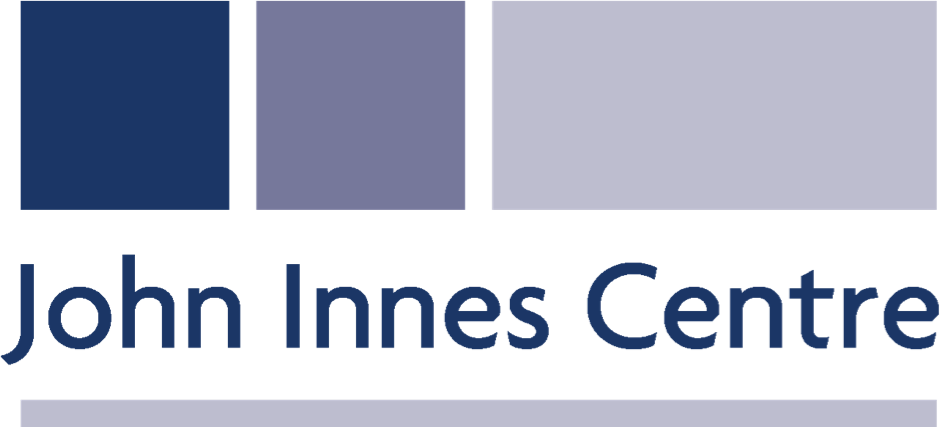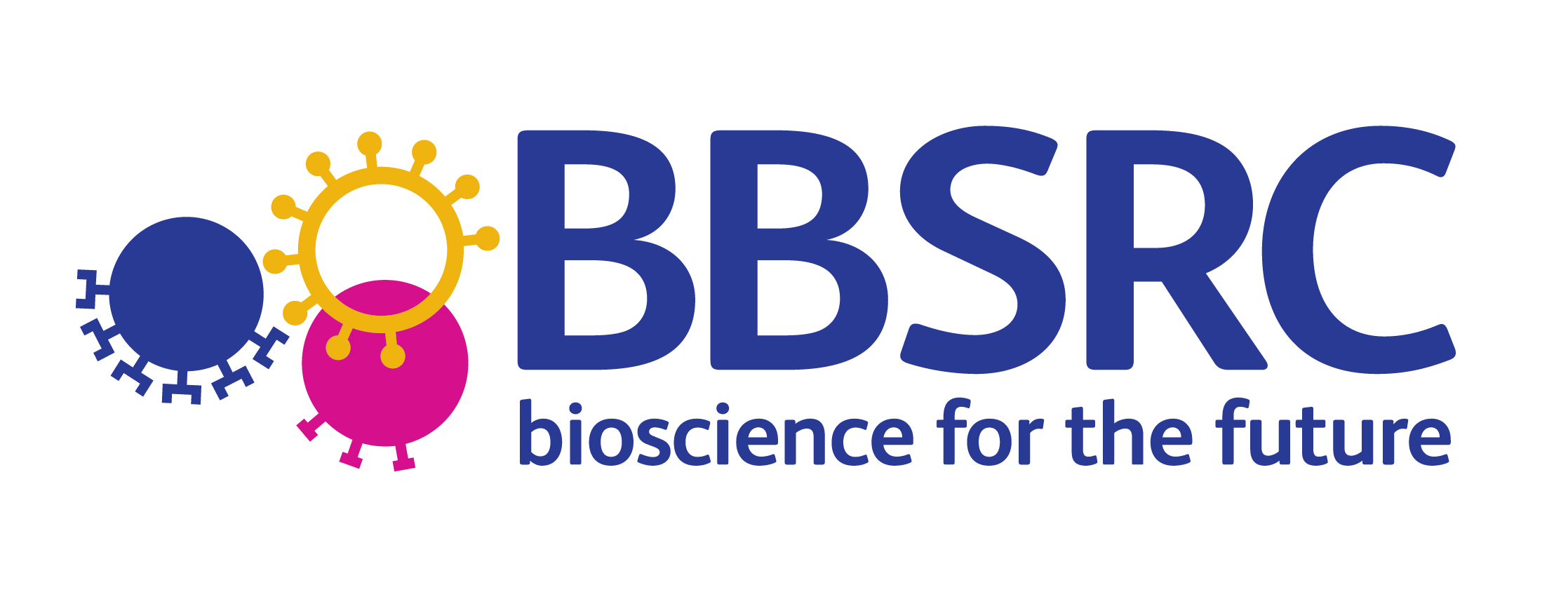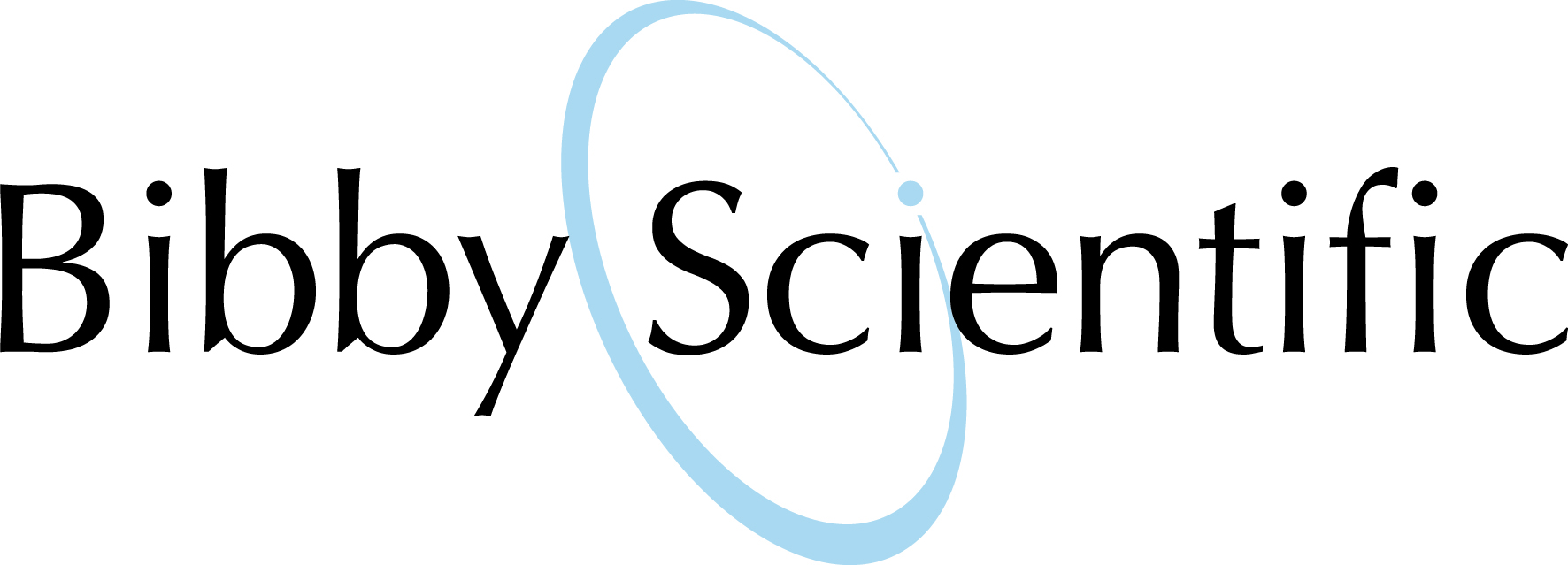Difference between revisions of "Team:Cambridge-JIC/Practices"
KaterinaMN (Talk | contribs) |
KaterinaMN (Talk | contribs) |
||
| Line 164: | Line 164: | ||
1: "yes" | 1: "yes" | ||
}); | }); | ||
| − | + | step3a = new q.step("Do you want to commercialise your product and make it proprietary?", { | |
| − | + | 0: "no", | |
| − | + | 1: "yes" | |
| + | }); | ||
| + | step3b = new q.step("Do you want to prevent your product and derivatives from being commercialised?", { | ||
| + | 0: "no", | ||
| + | 1: "yes" | ||
| + | }); | ||
| + | step3c = new q.step("Your product could be released with no license. This gives you no control over its use, modification and commercialisation.", { | ||
}); | }); | ||
step1.bind(step2a, [0]); | step1.bind(step2a, [0]); | ||
step1.bind(step2b, [1]); | step1.bind(step2b, [1]); | ||
| − | step2a.bind( | + | step2a.bind(step3a, [1]); |
| − | step2b.bind( | + | step2b.bind(step3c, [0]); |
step3.bind(function(selection){ | step3.bind(function(selection){ | ||
console.log(selection); | console.log(selection); | ||
Revision as of 10:14, 8 September 2015









